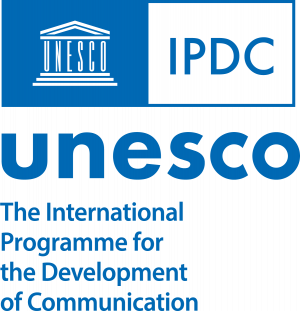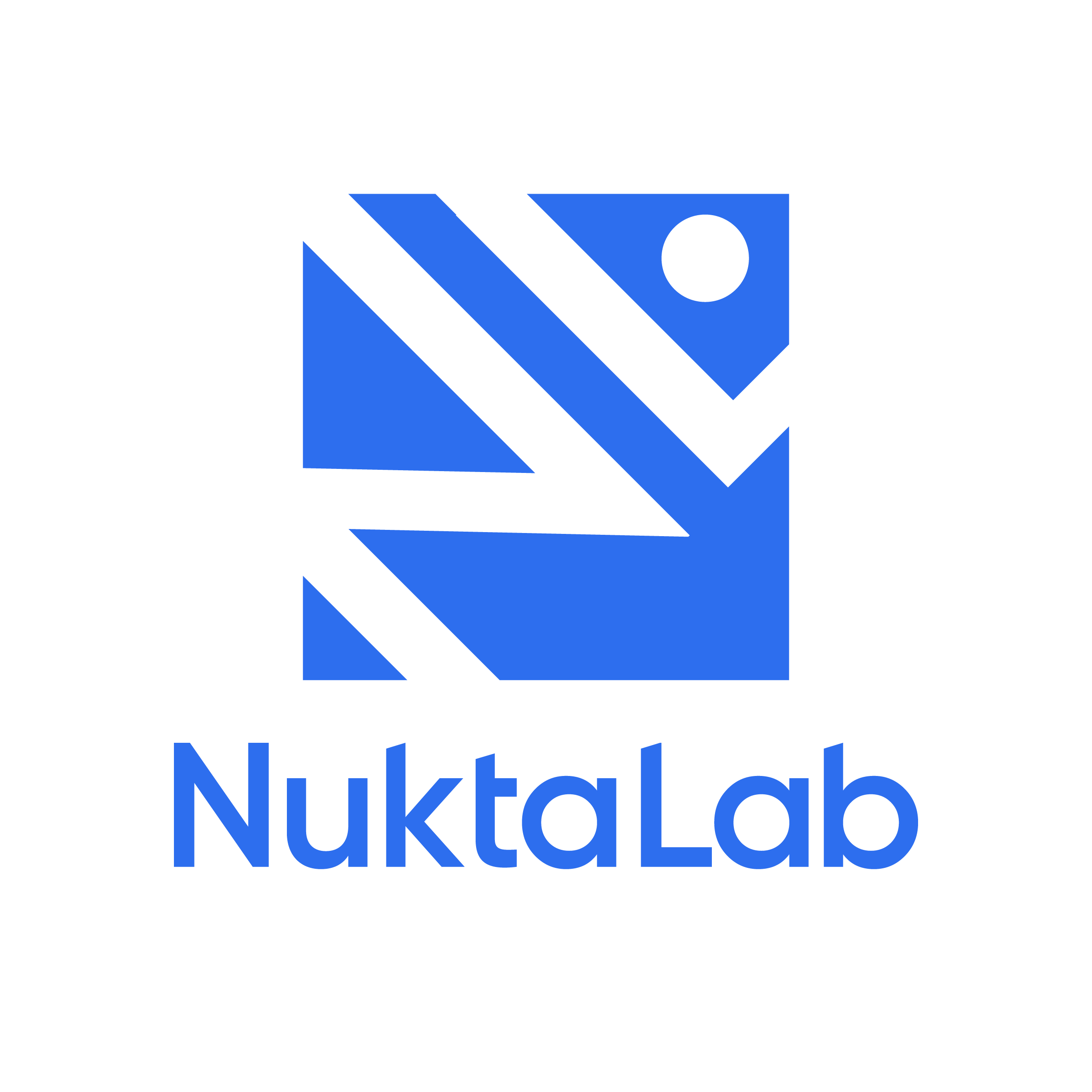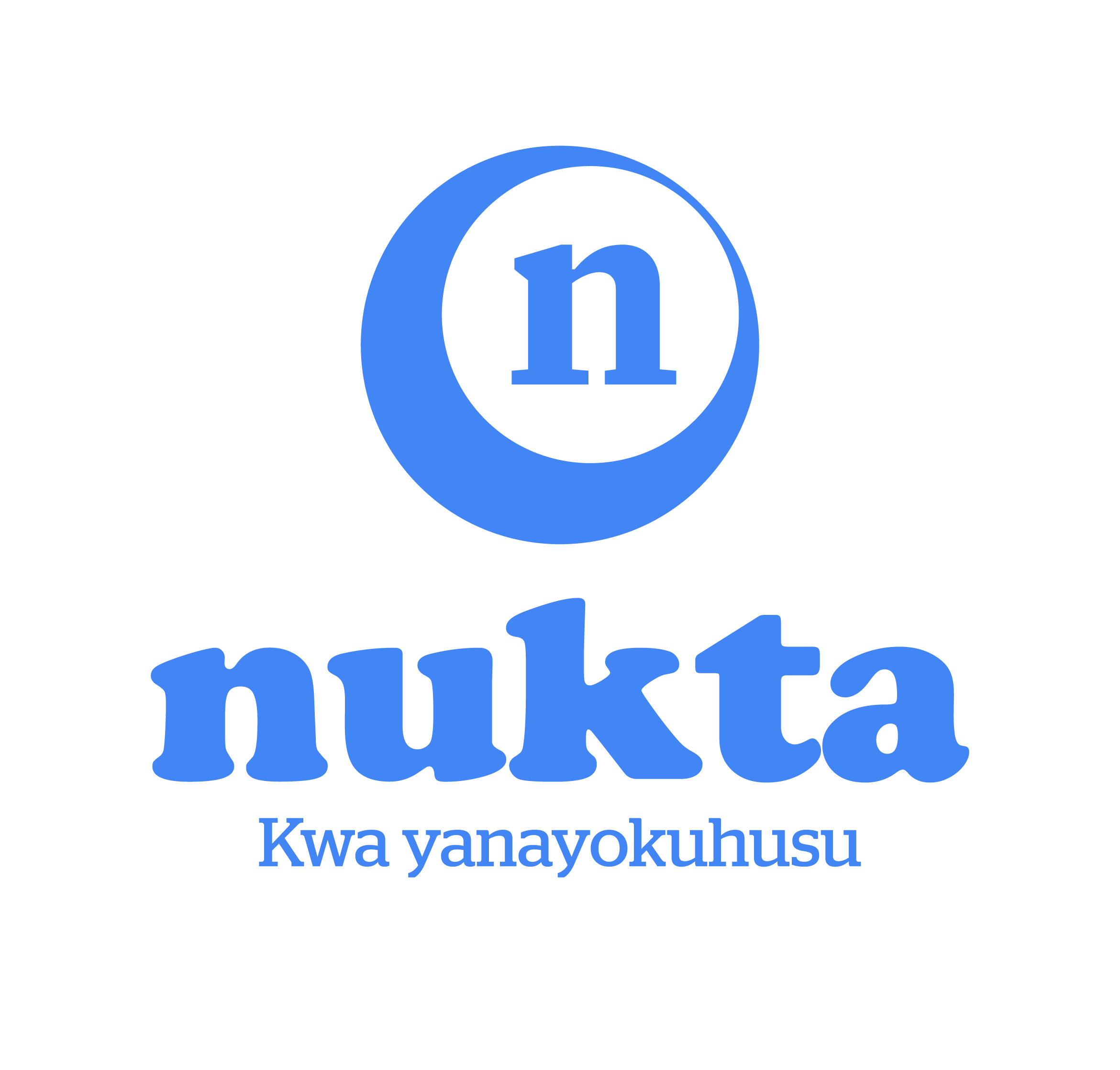In an authoritative keynote address to the 13th Global Investigative Journalism Conference (#GIJC23) in Sweden, Ron Deibert, founder and director of the Citizen Lab cyber security research unit at the University of Toronto, warned that investigative journalists and their sources are facing an epidemic of cyber espionage driven by a new commercial espionage industry.
Deibert described how spyware companies are selling their products to governments and other bad actors around the world, and how these tools are being used to covertly spy on journalists, dissidents, and civil society activists.
He also shared insider accounts of Citizen Lab's forensic work on cases where journalists' smartphones were hijacked and their communications intercepted.
Deibert warned that investigative journalists have little chance of defending themselves against these sophisticated attacks, and that they need to go on the offensive by exposing the commercial developers and government clients of these spyware companies, as well as challenging the surveillance capital ecosystem that enables this abuse.
He also recommended that investigative journalists with iPhones enable Apple's new "Lockdown Mode" to protect their devices from rare but sophisticated cyber attacks.
Deibert's keynote address was delivered to a gathering of 2,138 investigative reporters and editors from 132 countries, making it the largest gathering of watchdog journalists on record.
Deibert's warning is a stark reminder of the risks that investigative journalists face in today's world. Journalists who expose corruption, human rights abuses, and other wrongdoing are often targeted by governments and other powerful interests.
Cyber espionage is a powerful tool that can be used to intimidate, silence, and even harm journalists.
It is important for investigative journalists to be aware of the cyber threats they face and to take steps to protect themselves. This includes using strong passwords, enabling multi-factor authentication, and being careful about what links they click on. Journalists should also be aware of the latest spyware threats and be prepared to seek help from experts if they suspect they have been targeted.
Deibert's keynote address was a call to action for investigative journalists to unite and fight back against cyber espionage. By exposing the companies that sell spyware and the governments that use it, journalists can help to make the world a safer place for themselves and their sources.




